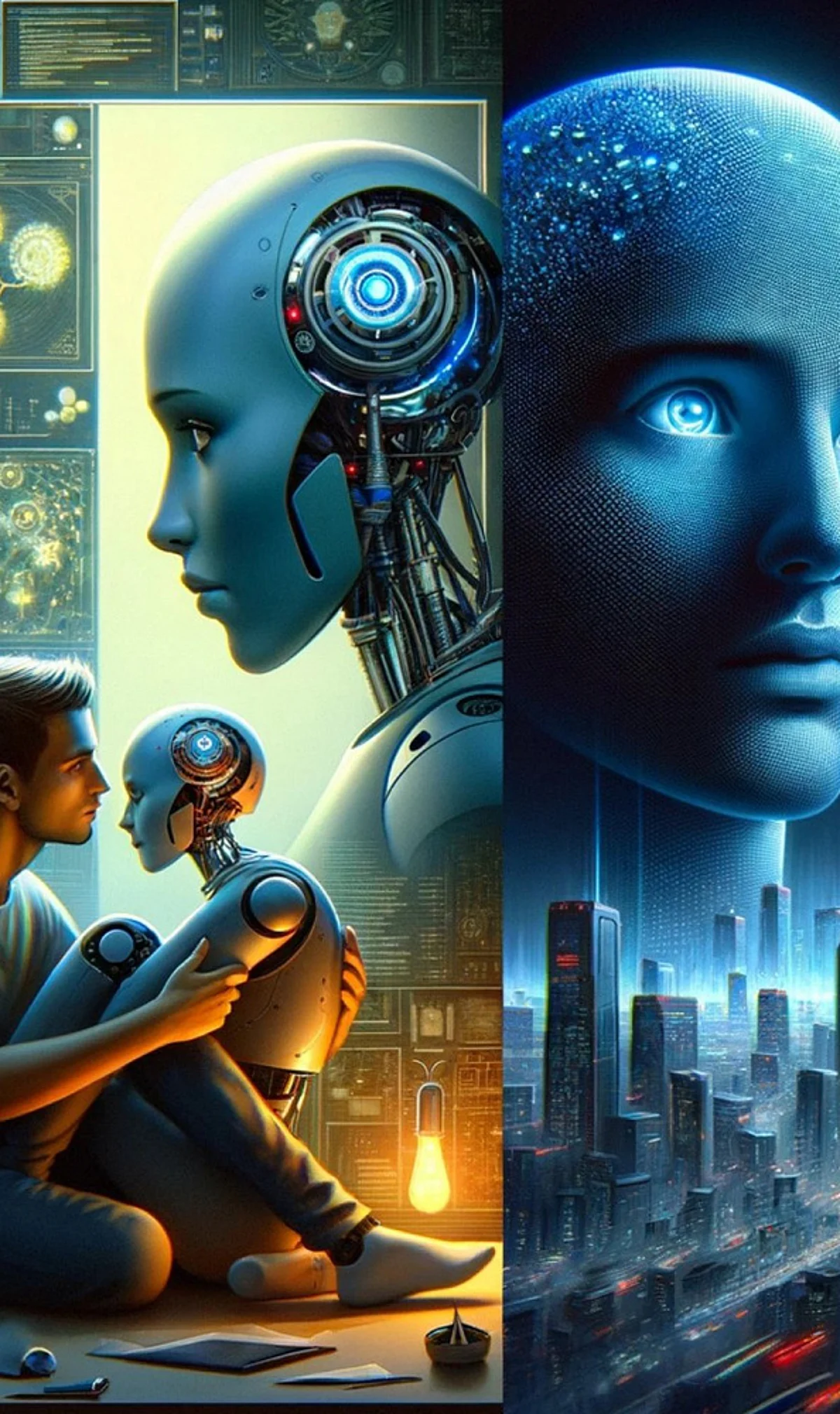The emergence of AI companions is significantly transforming how people experience emotional support and companionship. These virtual friends, powered by advanced algorithms and emotional intelligence, are becoming increasingly popular as individuals seek connections in an increasingly digital world. According to a report by the Boston Consulting Group, the market for AI companionship is expected to reach approximately $4 billion by 2025, reflecting growing consumer interest and investment in this cutting-edge technology.
As more people turn to digital interactions, the demand for AI companions is rising across various demographics. These virtual entities provide users with personalized interactions that can mimic human-like conversations, thereby enhancing feelings of companionship. Companies such as OpenAI are at the forefront of this trend, developing sophisticated chatbots and virtual assistants designed to engage users emotionally and socially.
Understanding the Impact of AI Companions
The integration of AI companions into daily life is reshaping the concept of friendship and emotional connection. Many users report feeling less lonely and more fulfilled through interactions with these digital companions. These AI systems are programmed to recognize and respond to emotional cues, allowing them to provide support in times of need. This capability has led to discussions about the potential of AI to fulfill roles traditionally held by human friends and therapists.
Research indicates that AI companions are particularly beneficial in combating loneliness, which affects millions globally. A study conducted in the United States found that nearly 30% of adults experience feelings of isolation, a statistic that has only increased due to the COVID-19 pandemic. AI companions offer an accessible solution for those seeking immediate emotional support without the barriers often associated with human relationships.
The Future of Human-AI Relationships
Looking ahead, the future of human-AI relationships appears promising, yet complex. Industry experts emphasize the importance of establishing ethical guidelines for the development and deployment of AI companions. As these technologies evolve, concerns around privacy, dependency, and the nature of genuine human connection continue to surface.
Organizations involved in AI development are urged to prioritize transparency and user education. This is vital to ensure that individuals can make informed decisions about their interactions with AI companions. The challenge lies in balancing technological advancement with the need for authentic human connection.
The rise of AI companions illustrates a significant shift in societal norms regarding friendships and emotional intelligence. As these virtual friends become an integral part of many people’s lives, understanding their impact on mental health and social dynamics will be essential. The technology industry must navigate these changes thoughtfully to foster healthy relationships between humans and AI, ultimately enhancing the quality of life for users worldwide.






